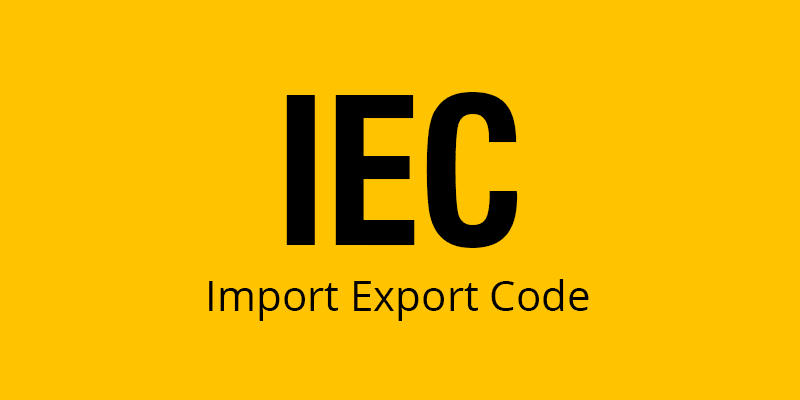Duty Credit Scrips: What are these?
What are Duty Credit Scrips?
Duty Credit Scrips (DCS) is an export promotion benefit offered by the Government of India under the Foreign Trade Policy (FTP) 2015-20. As with other export benefits, the aim is to incentivize exporters so that they boost the inflow of foreign exchange to India.
A DCS provides tax incentives on exports, which can be used by exporters to set off their import duties. It is issued under the Merchandise Exports from India Scheme (MEIS), Service Exports from India Scheme (SEIS), and the Export Capital Goods Scheme.
FTP 2015-20 lays down the features and the provisions related to DCS. The scheme is implemented and administrated by the Government’s Ministry of Commerce and Industry, in association with the Directorate General of Foreign Trade (DGFT).
What are the uses of Duty Credit Scrips?
- DCS can be used by an exporter to pay their tax liabilities. It can be used against tax liabilities arising out of basic customs duty, additional customs duty, safeguard duty, transitional specific safeguard duty, and anti-dumping duty. DCS can be transferred to others, but it cannot be used to set off GST, compensation cess, and education cess.
- From the date of issue, a DCS remains valid for 24 months. But the benefits don’t need to cease after two years.
- If the exporter doesn’t have a foreseeable use of the DCS within the validity period, they can always transfer it to another person who can use it against their own outstanding tax liability.
- Additionally, the DGFT can also revalidate a DCS if the exporter submits a special request, under exigent circumstances.
- It is clear that the duty credit scrips are the instruments to award incentives to the exporters with the objective of the export promotion by allowing them to set off the basic customs duty against it. It is also to be noted that the duty credit scrips are not allowed to set off the IGST/CGST/SGST liability.
How Duty Credit Scrips work?
DCS helps an exporter limit their cash outflow in tax liabilities and frees up cash for much-needed working capital to meet export orders. An exporter gets a scrip of 2% to 7% (of his export value) depending upon the EXIM Policy regulations. Imagine a situation where an exporter has received an export order and needs to import raw materials to begin the production process. Naturally, the exporter will need funds to execute both the production and despatch. At this time, the last thing the exporter would want is to pay import duty on the purchase of raw materials, eating into their working capital. Having DCS takes that burden off the exporter’s shoulders. For instance, if the exporter has a DCS balance of Rs. 1 lakh and Rs. 1.5 lakh is customs duty liability for import of raw materials, they will need to pay only the difference (Rs. 50,000). In other words, they can utilize the Rs. 1 lakh in DCS towards the outstanding customs duty liability.

